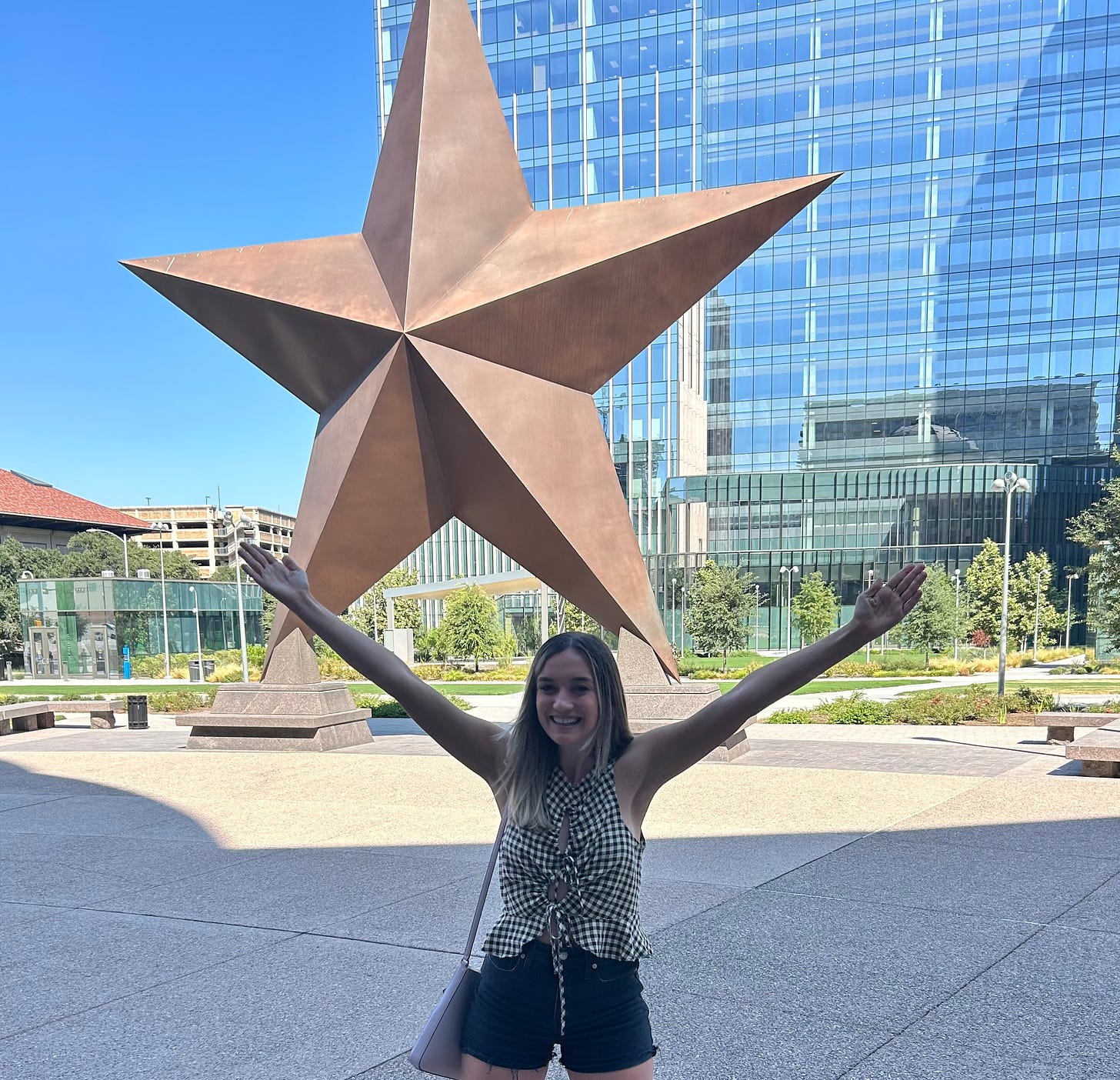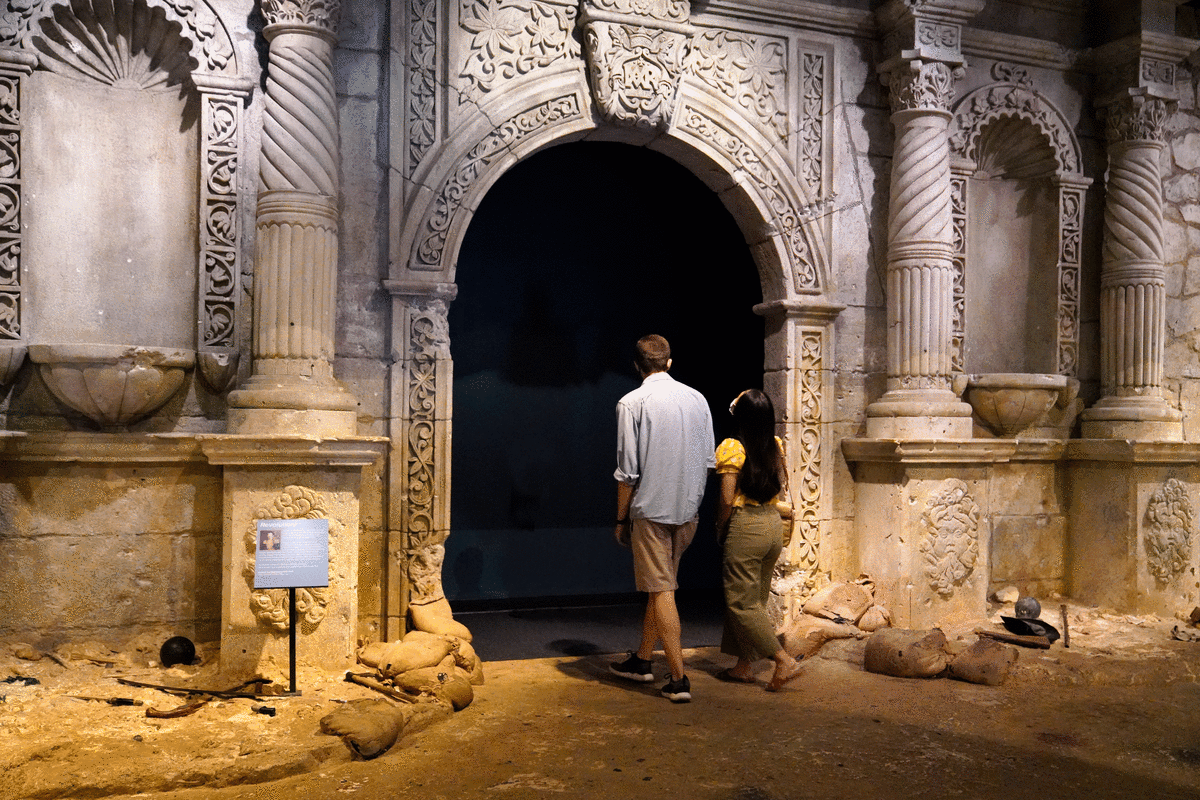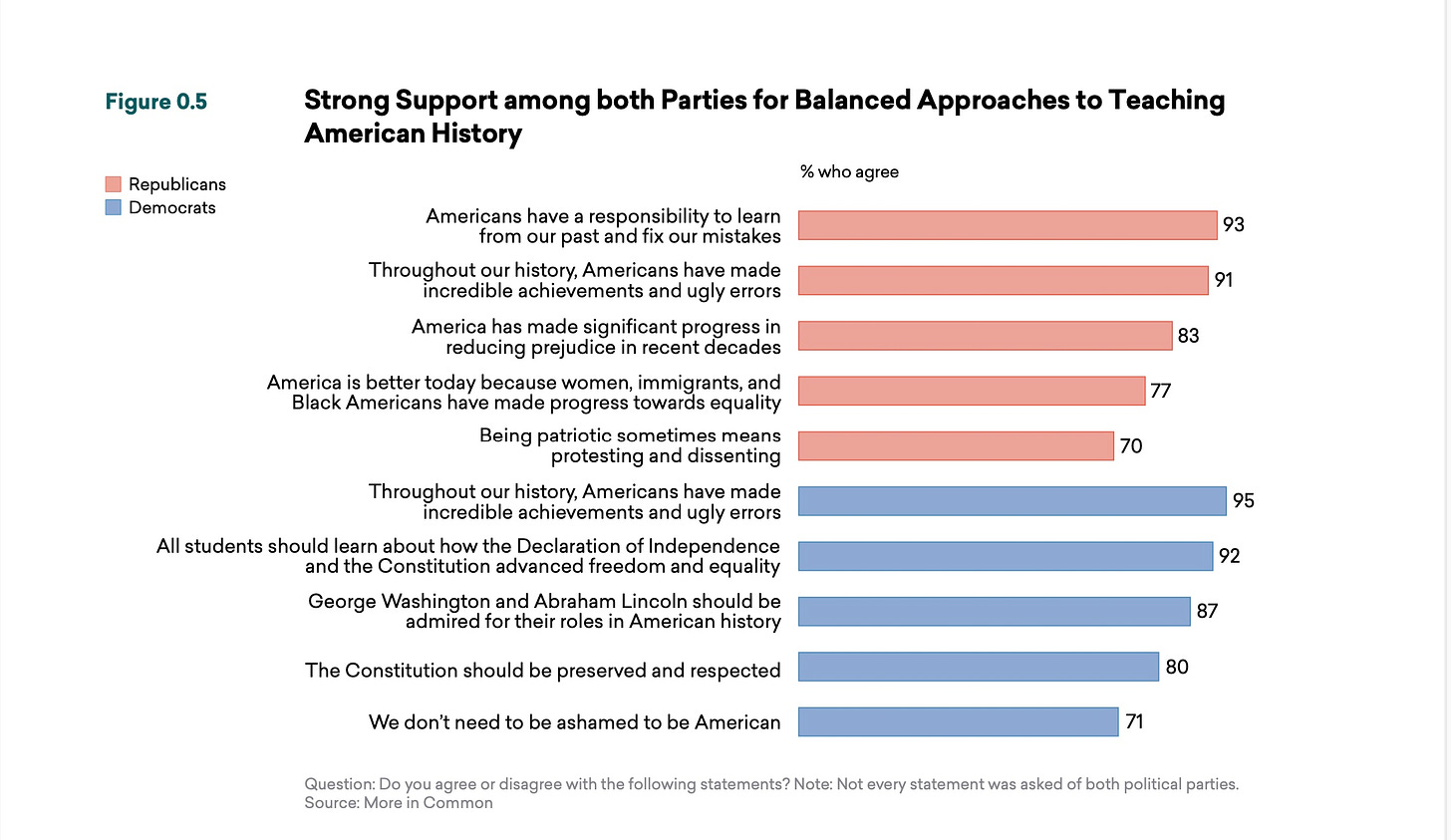First Things First: A Few Updates
I want to first say thank you for hanging around while I took a little summer break from Substack and social media to settle into my own life, which (like yours I’m sure) always seems to need a bit of adjusting.
In my break I’ve gotten esteemed advice for my upcoming novel (New Name To Be Announced! I call it “Book 2” in air quotes until that’s all official-ized.) and have had to go back into the shadows and reconfigure some pieces of the fiction work before moving forward. This led me to sort of purge my connection to the virtual writing world as a result, in order to have to energy to go back into the ring once more with this story for the KO. (I’ve been watching Rocky, ok.)

Those Damned Kids!
I’ve been in deep thought recently about my generation as it relates to historical preservation. I recently went on a date to the Texas Museum of History (bless my man’s soul, I’m the girl who needs to read every blurb twice) and found myself fascinated with the story of Texas. From Spain, to Mexico, to the Republic, and United States. A lot of it, I hadn’t revisited or contemplated since I was in college. And even then, textbooks are never as immersive of an experience as a museum. TLDR: We were in there for four-five hours lol.
This experience led me down a rabbit hole of thought. There is so much stigma about Gen-Z and their ignorance for history, (as someone born on the cusp of millenial/Gen Z cutoff) how much can we agree with?
Do You Have Perception Gaps?
Before diving in, you should really take the perception gap quiz (linked) which was created by More In Common’s History Wars. History Wars is an awesome corner of the internet which is designed to showcase how people who identify as republican and people who identify as democrats actually have more similar views than you might think, thus making it easier to lay down bias and come together to work towards social/political issues.
Gen-Z and History Statistics
Back to those damned kids. Here are some statistics that have been compiled by an organization called Made By Us:
Gen Z holds mistrust toward institutions generally, but especially in education; 44% say public schools teach history accurately and 27% trust education officials to be politically neutral.
78% of 18–29 year-olds want to learn history through entertainment, but 90% of museums and historic sites are not using social media.
Even when basic needs are under threat — 4 in 10 Gen Zs say they have no emergency savings and are just barely getting by — young people prioritize their values as consumers and employees, and hold companies accountable with their word and their dollar.
Gen Z finds information in a multifaceted context using lateral search. What does this mean? They use simultaneous channels and apps to hold multiple streams of conversation and investigation at once, flitting from mode to mode, all on mobile devices. So entering their world is no longer about going viral, but rather authentic integration into communities and usage patterns
What I get from this is: Gen-Z has been seasoned to mistrust the government and giant institutions. (Not trusting the government is like my whole M.O. by the way) They don’t trust their schools - they see an exodus of underpaid and once passionate young educators quitting when they log onto social media everyday. (Under the thought process: if the government can’t financially take care of passionate teachers, what kind of education will be left?) Gen-Z is more likely to trust each other and the outlets that they can collectively contribute to (the Internet). That’s at least where they start before vetting out their other sources.
And let’s be honest, most Internet historians aren’t hitting the most-viewed tab every day on YouTube. So, what is to be done?
What Does History Have In Common With Gen-Z?
Looking History in The Eye:
When I was progressing through the Texas History Museum (or the Bob Bullock museum) what I found most interesting was the sentiments in Texas about slavery before they joined the United States, after they joined, and after the Civil War was over.
As many of you know, Texas was giddy about two things in the late 1850s: cotton production and slavery. I won’t go on and on. But, what I really enjoyed about The Texas History Museum was that it didn’t shy away from the messy reality of slavery nor did it try to keep it an abstract concept. Something I don’t feel like I got in school. The museum primarily showed me three floors of a power struggle between two nations and a republic as it related to a life-altering social justice and economic change. The average Texan’s fathers and brothers had died for this cause and now it was gone. A concept people built life around was now illegal. It was a devastatingly fascinating story.
“By the time [students] reach college classrooms and learn about this history, they feel betrayed by their teachers, they feel betrayed by the school system,” says Daina Ramey Berry, chair of the history department at the University of Texas at Austin. “They want to know about the complexities of our society. And they’re okay with hearing that and learning that there are some difficult moments in our history that none of us are proud of,” she adds. “They can handle it. Fourth graders can handle it. Kindergartners can handle it.”
Quote Courtesy: Texas Monthly
What Does This Mean for Gen-Z?
Gen-Z is historically known for being quick to throw up defenses for their neighbor and/or against the government. Sometimes, before we know all the facts. While this intention is rooted in genuine humanity, it can easily come across as ill-informed.
But, I don’t think it’s a necessary knee-jerk. Half the reason I believe that Gen-Z can have such an ill-informed view of our history is because we shy away from talking about the dark parts in normalized settings (schools, churches, ect) at a local and a national level. Unless we take a special class or career interest, we are told to focus on the history where we were heroines rather than looking deep into historical pain points. Pain points that were not obviously wrong or right at their time, even if they might be now. There is some perfume of responsibility we carry for the hurt caused. We think that this past makes us evil, but that actually is what makes us remade.
We Have More In Common Than You’d Think
The most curious thing for me is how similar we all are to our ancestors. While our circumstances are different, it’s incredible to look at life through this lens. All of us truly think we’re much better than those that came before us. Smarter. That right and wrong have been obvious all along. The ignorance we carry!
Gen-Z is known to fight with aggression for their rights to their idea of liberty. They care more about taking charge of their own identity rather than a prior held sentiment. And conceptually, nothing could be more American.
So, what can be done to reunite the average American Gen-Z kid and their desire to learn from US history’s wisdom? Take it or leave it, I’ll tell you what I’ve found:
Don’t Get So Caught Up On The 14%
I read the lengthy Defusing History Wars report so you don’t have to! The findings were quite interesting. Take this excerpt for example:
“Our research suggests that while there are genuine areas of substantive disagreement about how to teach American history, these debates are currently framed by segments holding the most extreme views, despite the fact that these two groups comprise only 14 percent of the U.S. adult population.”
Be Open-Minded In Situations of Certainty
In an article before my hiatus, I talked alot about this. Rather than repeat, I’ll let you read for yourself here.
An open-mind is the only way to come at history of any kind. The lessons we’ve learned to get to where we are are triumphant. But they are not without their dark night of the soul. And to think of us as better than those lessons or too smart to have walked the same path, blocks are ability to connect with the past. We are not smarter than our ancestors. They helped build our current lifestyle for us.
We Can Learn History From Each Other
Maybe don’t leave it entirely to the Internet. Because what the Internet does is fireball a historical/political stance into a viral concept that you’ve got to die on if you want to be accepted into society. Or Internet society. Which sometimes feels more real than real life.
Instead, we can learn alot from one another. Take heart with these opinions across several demographics (from More In Common’s History Wars):
“We should focus on the past but not overdo it. We should also move on so that no one feels guilty for something they did not do.” — Cecile, 35-44 Black woman, Democrat, North Carolina
“Don't spend all your time teaching about the past, or ignore it at all. We must teach these histories, acknowledge them, and move forward. We cannot change the past, but we can change the future.” —Dewey, 18-24 Hispanic man, Republican, Texas
“I think that there should be classes, you know, on the Hispanic heritage and the Polish heritage or any heritage, because I think that when we learn more about people, we love people better, we accept people better. I think that the more that we can understand what they've gone through that we can create greater empathy and compassion.” —Bonnie, 55-64 white woman, Republican, Texas
Stop Being Scared of Your Own Curiosity
Our news outlets, leaders, and community members often present history in a way that benefits their school of thought. When you hear these people, you must remember they’re asking you to pick up a sword - not because they care about a cause, but because it probably makes them a lot more money if you share it on Instagram alongside some choice words. (Something I too have done.)
Gen-Z for the most part, recognizes that about major news outlets. Which is why, I think, they often turn to social media. It’s a better representation of a diverse collective. Social media however, can perpetuate serious group think. If you see 2 million likes on a video you disagree with - it becomes easy to bandwagon a school of thought.
There is something to be said about learning history for the facts without forcing anyone or even yourself to make an opinion on it right away. We are so scared to be curious about our own thoughts. Especially the ones that aren’t fully formed. We take so much pride in dying on that hill of certainty. And it’s an empty death.
Don’t force the people around you, or yourself, to see things the way you do. All history is somewhat subjective after all. And isn’t that the beauty of it?

Whose It’s & Whats It’s:
“Book #2”
Is no longer called The Sophomore Letters. I’ll keep you posted. I’ve been DYING slowly not being able to announce it right freaking now. Patience isn’t my favorite virtue. But, soon my grasshoppers.
Chef’s Table On Netflix
Has me spending HOURS in the kitchen. Why did nobody tell me that show is so good? I can actually make casserole now. Such an accomplishment, I know.
Candle Bar
I recently went with a friend to Candle Bar in Houston, Texas. It’s the Build-a-Bear for candles. Take your girlfriend. Ruin her sense of smell on the fumes. It’s a blast.
The 7 1/2 Deaths of Evelyn Hardcastle
Is such a good book. I’m amazed. If you love Agatha Christie and Groundhog Day, check it out.
Hydroponic Gardening
I do that now. I’m domestic AF is what I’m trying to say. Also, my basil has overtaken my house. It’s giving me nightmares. Anyone need pesto?
Thanks for reading. It’s good to be back! See ya soon. <3
linds






